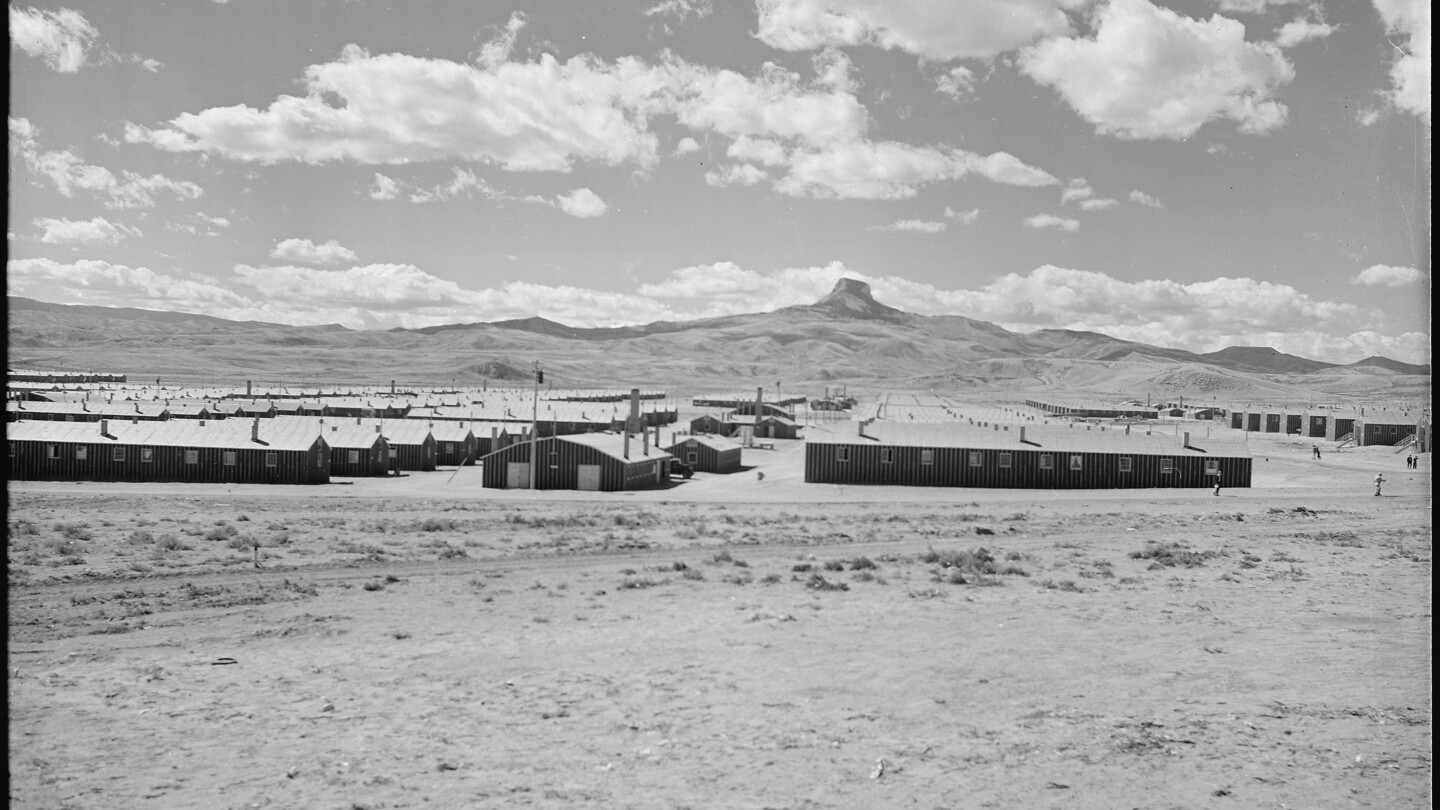Yes on Prop 34: Replace the Death Penalty with Life without Parole

I am a former federal prosecutor, having served as an Assistant United States Attorney in the Southern District of New York under John Martin and Rudy Giuliani, prosecuting public corruption, organized crime, white collar, narcotics conspiracies, and other complex criminal cases. I have also defended two innocent men who served years in prison for murders they did not commit before their convictions were reversed by the courts. If the death penalty had been imposed, the state would have killed each man before he could prove his conviction and sentence were miscarriages of justice.
One man was the late Geronimo Pratt, the former Black Panther leader who served 27 years in prison in California for a murder he did not commit.
"Q. Where would Geronimo Pratt be . . . if the death penalty hadn't been banned for a few years in the early 1970s? A. Long dead." -- Interview with Jack Olson, author of Last Man Standing: The Tragedy and Triumph of Geronimo Pratt (2000).
The other man was Gary X. Nelson, an indigent African American man who served 12 years on death row in Georgia for a murder he did not commit.
In each case, the court reversed the conviction because the prosecution at trial failed to disclose evidence that the jury was entitled to know in deciding whether the defendant was guilty beyond a reasonable doubt. The main prosecution witness lied under oath on the stand before the jury at trial.
In each case, after the defense team persuaded the reviewing courts to reverse the conviction, the state dropped all charges because there was insufficient evidence for a reasonable juror to convict. Each man was falsely accused, convicted, sentenced to die -- and then freed.
Each man was represented by a superb team of defense attorneys who worked without charging the client a penny. In very few instances is a person on trial in a capital murder case able to meet the resources available to the state. Whether you live or die depends on who your lawyer is. Clarence Darrow never lost a client to death row.
The United State Supreme Court held 5-4 that the racially discriminatory imposition of the death penalty does not violate the Constitution in McCleskey v. Kemp in 1987. A person accused of killing a white victim is four times more likely to be sentenced to death than a person accused of killing a black victim, according to a meticulous study by David Baldus. This suggests that juries value the lives of black victims less than the lives of white victims.
Justice Lewis F. Powell Jr., who wrote the opinion for the five person majority, was asked after he retired in 1991 whether there was any vote he would have changed. "Yes," he told his biographer, John C. Jeffries, Jr. "McCleskey v. Kemp." "I have come to think that capital punishment should be abolished."
Proposition 34 would eliminate the death penalty in California and replace it with life in prison without the possibility of parole.
California has 725 people on death row. California is one of 33 states that currently authorize a death penalty. The death penalty in California was invalidated in the 1970s and was reinstated via Prop 7 in 1978. Thirteen people have been executed since then.
Donald J. Heller, who wrote the language of Prop 7, and Ron Briggs, who ran the successful death penalty campaign in 1978, now support Prop 34 to abolish capital punishment. "I made a terrible mistake 33 years ago, but it is one that can be corrected by replacing the death penalty with life in prison without the possibility of parole," says Mr. Heller.
A consensus of the leading criminologists in the world believe that the death penalty does not add any significant deterrent effect above that of long-term imprisonment. Over 88% do not believe that the death penalty is a deterrent. "In point of fact, death penalty states have consistently higher homicide rates than non-death-penalty states. In 2007, for example, the homicide rate in states with active death penalty statutes was 42% higher than that of non-death-penalty states." See M. Radelet and T. Lacock, "Do Executions Lower Homicide Rates?: The Views of Leading Criminologists," 99 Journal of Criminal Law and Criminology 489 (2009).
The death penalty is outrageously expensive to administer and wastes taxpayers' dollars that should be better spent to improve life. Since 1978, California's capital punishment system has cost taxpayers $4 billion more than life without parole. If the current system is maintained, Californians will spend $5 billion to $7 billion over the cost of life without parole to pay for the broken system between now and 2050, according to a study by a former judge, prosecutor, and death penalty supporter. See Judge Arthur L. Alarcón and Paula M. Mitchell, "Costs of Capital Punishment in California: Will Voters Choose Reform this November?", 46 Loy. L.A. L. Rev. S1 (2012).
Families of victims whose killers were executed, former judges, prosecutors, wardens, and executioners have come out in support of Prop 34.
The death penalty does not work. It is too expensive, it does not deter murder compared to life without parole, it is imposed in a racially discriminatory way, whether a person receives the death penalty depends on the vagaries of who the prosecutor, judge, jurors, and defense counsel are, the trial and review process are commonly riddled with prejudicial errors, and innocent people run the risk of being executed. This is no way to decide who lives and who dies. The death penalty is barbaric and immoral. Please vote Yes on 34 to replace the death penalty with life without parole.


